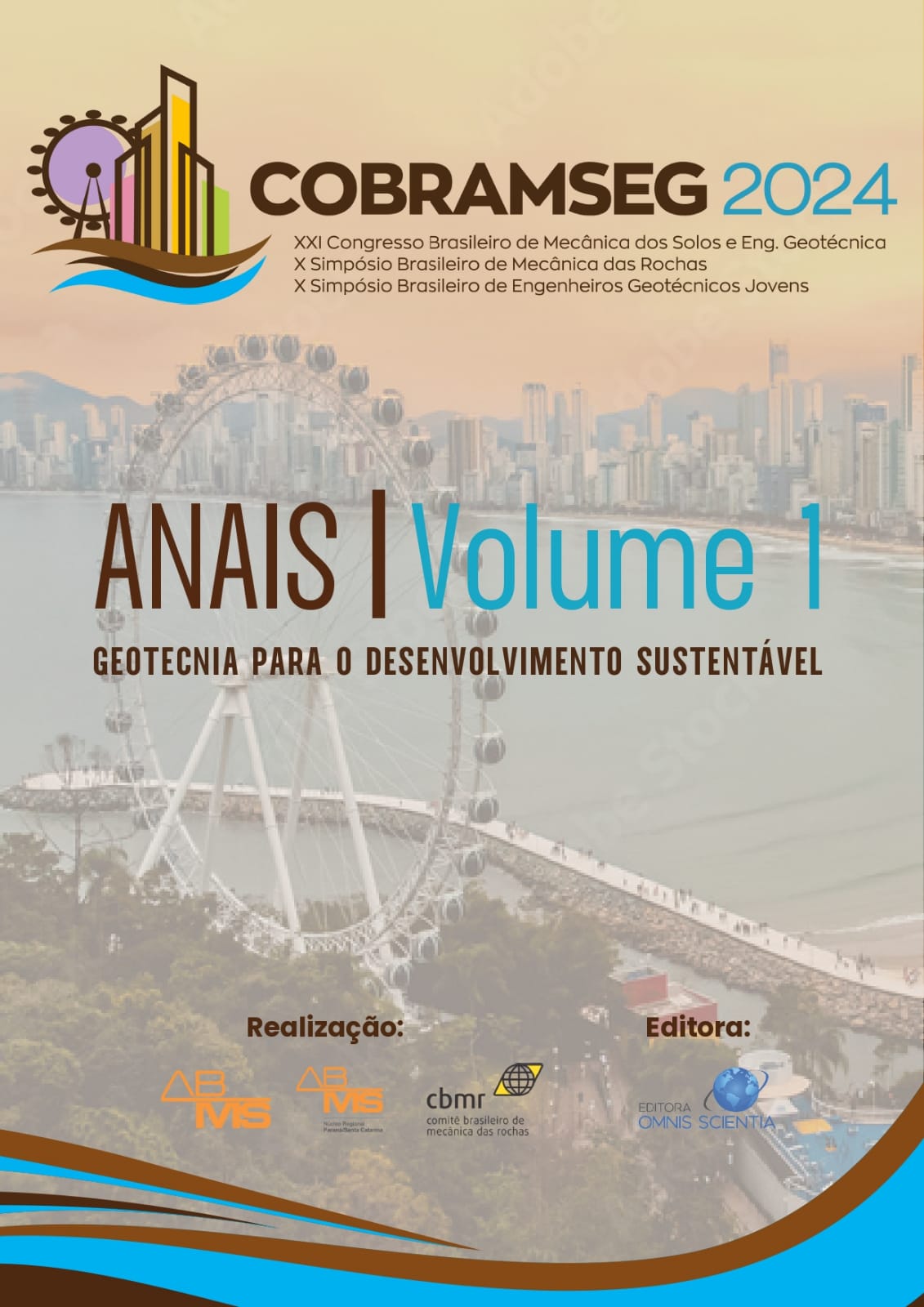
The amount of plastic waste in the environment is increasing steadily, leading to the rise in the use of improper disposal methods such as open burning. Consequently, associated environmental and pollution issues are observed. This situation is exacerbated by the absence of a deeply ingrained recycling culture in Peru and the limited implementation of circular economy principles. Using controlled compaction or soil stabilization through the addition of stabilizing agents such as cement, lime, fly ash, bitumen, tar, etc., improves the capacity of weak subsoil. However, these additions are not always viable or economical. Consequently, this study aims to experimentally evaluate mixtures of residual polyethylene terephthalate (PET) plastics with lime in tropical clays from Pucallpa, located in eastern Peru, to enhance their mechanical properties and thus promote the use of PET plastics in subgrades. A crushed PET layer of width of 1–2 mm at 2.5% by weight is used in the study experiments. Tests are conducted for evaluating physical characterization, modified Proctor compaction, California Bearing Ratio (CBR), unconfined compression, and resilient modulus. The results indicate that the addition of low PET content to clays improves their mechanical behavior; thus, it is concluded that the PET-lime mixture can be used in flexible pavement subgrades.